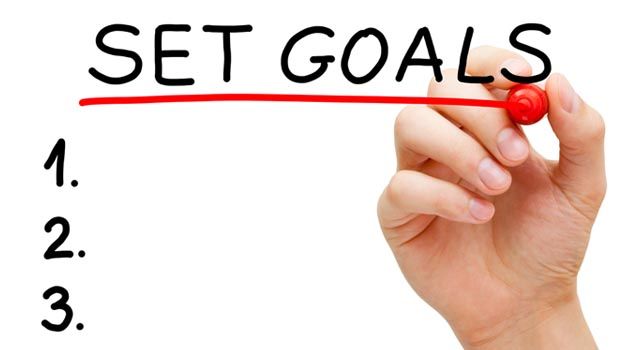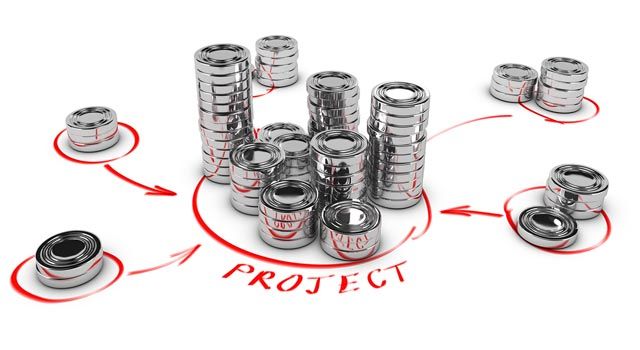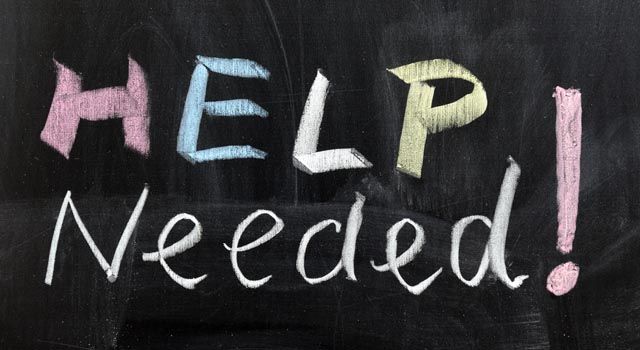So you have plans for a creative project and you aren’t sure where to begin? Why not start off on the Web? The Internet has a low barrier of entry yet grants you access to the largest audience known to man -- the worldwide audience. There has never been a better time to jumpstart a creative project on the web than now and you won’t even need to spend much money to do so.
Unfortunately, though the Internet has increased the viability of creative projects, the creative process remains as difficult as ever. You’ll face a lot of challenges and setbacks along the way and it’s important to know how you can maximize your chances for success. It’s okay to think big and grand, but you’ll need to take baby steps before you get there. Here are some tips to keep in mind along the way to help stave off failure.
1. Plan and Prepare
As with most projects, creative or otherwise, the most important step is to plan ahead. I’ve personally started and failed many hobby projects (with some successes!) and the common factor between all of those failures was inadequate planning. Something that you couldn’t have foreseen blindsides you, leaving you unsure how to continue.
Planning helps to prevent the unexpected. Of course, it’s not entirely possible to know every contingency ahead of time, but it doesn’t hurt to explore every realistic facet. Once you think of everything that could go wrong, you can consider how you’ll overcome those obstacles before they manifest as real threats, which will better prepare you in case those problems do occur.
2. Set Proper Goals
Once you have an idea of where you want to take your project and how you think you can achieve it, you’ll want to set proper goals. “A proper goal,” you ask? Indeed. A proper goal will enhance your productivity, make your timeline clearer, and ease a lot of stress off of your back. Bad goals, on the other hand, will be vague, hard to follow, and offer no motivational value.
For more information, read our article on critical mistakes to avoid when setting goals.
Organization is an important aspect of managing a project. Keeping all of your ideas, plans, and goals in order will help ensure that your project flows along smoothly. Organization can come as easily as using the world’s simplest to-do system or through any other tools designed to keep you ordered and organized.
3. Establish A Web Presence
Lately, it seems like any project that doesn’t have a sizeable presence on the Web is doomed to fail. Web presence is important for building a userbase and maintaining a fanbase. It’s the fastest and easiest way for others to connect with your project and there’s no good reason not to have one.
How do you go about establishing a web presence? There’s always social media, but the best way is to use a self-hosted WordPress site. WordPress has proven itself to be more than just a blogging engine -- it can be used to power entire websites. (Hint: MakeUseOf runs on WordPress!) It’s easy to set up, easy to use, and extensible through plugins.
New to WordPress? No problem. We have a full guide to setting up a WordPress site. On top of that, we have a Best WordPress Plugins page and a great article detailing 10 essential elements of a great WordPress site.
Not a fan of WordPress? There are alternative web systems out there that will power your website. These systems are called CMSs, or content management systems, and they vary in usability, power, and features. However, if you’re interested, check out our list of the 10 most popular content management systems.
Lastly, you may not even need a website if you can establish a strong presence through YouTube. Of course, this requires that your project be conducive to videos (e.g., if you plan on being a painter, timelapse videos could be a great way to get your name out there). Building a YouTube presence is all about making videos that people will want to share and maximizing video views.
4. Crowdfund
If you need funding for your project, whether it’s to purchase supplies or buy web hosting or hire outside help, it has never been easier than it is today thanks to the advent of services like Kickstarter and IndieGogo. You don’t need to be a big name creator to be successful on these crowdfunding sites; in fact, Kickstarter has a page dedicated to small projects (those raising under $1,000).
5. Find Help
A lot of creative projects start off as one person’s baby and if you’re a creator, you might have a strong attachment to your ideas because they’re your ideas. However, there’s a good chance that you aren’t an expert at everything, which means you’ll probably need outside help to make your ideas a reality. Whenever you have the choice between doing everything yourself at a mediocre level or finding/hiring expert helpers, you’re better off with the latter.
For example, when creating a game, you might be able to create an above-average product on your own, but specialized AI programmers, sprite artists, network administrators, and others can probably do their work better and faster than you. Similar, if you’re self-publishing fiction, you could self-edit and make your own semi-decent covers, or hire an editor and artist for top-notch quality.
Collaboration is also a great way to keep your project going strong due to the accountability and shared motivation. There are free services out there for collaborative web conferencing, collaborative document editing, and other collaborative activities.
6. Persevere and Stay Motivated
If planning is the most important element of starting a creative project, then perseverance is the most important element of finishing one. Logic states that if you don’t follow through then the project will never be done, so you need to actively seek ways to keep your motivation up, especially if the project takes you months or years from start to end.
Fortunately, we have a few resources that could help you out. If you tend to derive a lot of your hype and positivity from motivational videos, we have a roundup of inspirational videos for instant motivation. If you prefer drawing your motivation from websites, articles, and anecdotes, why not check out these inspirational websites for every day?
Conclusion
If you take the above advice to heart, you’ll be better prepared than most to create a project that ends up successful. There’s never a guarantee for success, of course, but with enough effort you have the power to tip the scales in your favor. Good luck!
Do you know of any other tips that could be beneficial for creative projects? Have any stories of past failures or past successes? Share your thoughts and experiences with us in the comments!
Image Credit: Dressed for success Via Flickr, Blueprints Via Shutterstock, Goals Via Shutterstock, Website Via Shutterstock, Crowdfunding Via Shutterstock, Help Needed Via Shutterstock, Female Runner Via Shutterstock







